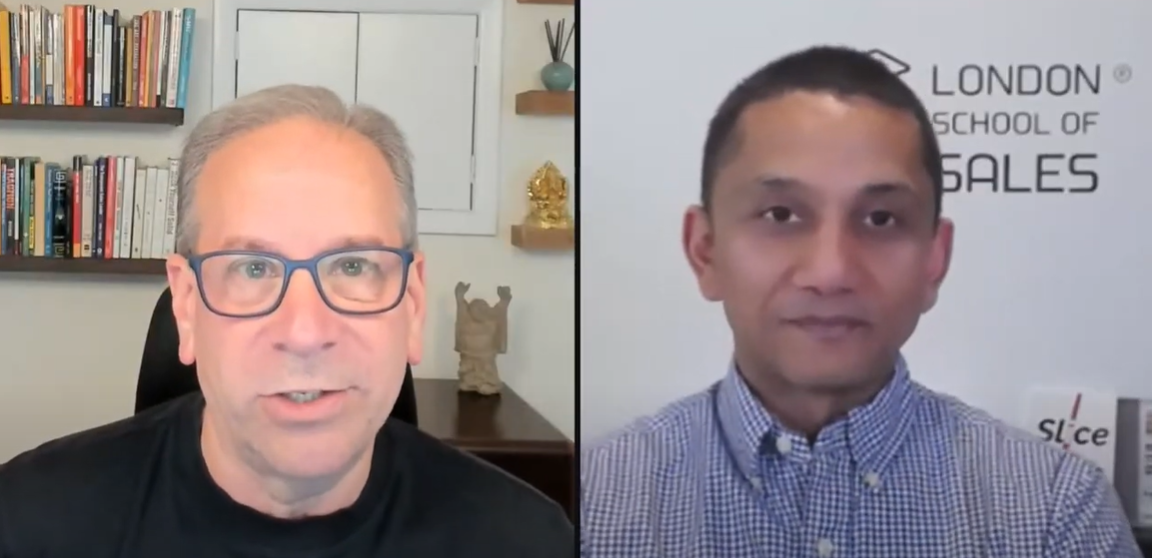How well do you know yourself and are you committed to your self-development? I’m an advocate of personal development and over time I’ve used various self-help tests and exercises to help me learn more about myself.
When so many of these tests exist it can be tricky to find those which will help you at a specific moment, especially as many of these can be time consuming! Timing is crucial as you need space and an opportunity to reflect and self-analyse, but more importantly you must be open about accepting the outputs and understanding the interpretations from different points of view. What is a good starting point for growth?
You need to be ruthless
When you start focusing on trying to understand yourself more and conduct an introspective assessment where you are ruthless about your positive and negative attributes, you realise exactly where you are versus the image you think you may have been outwardly displaying. Nobody wants to think of themselves as not being capable or lacking certain skills; however, failure to acknowledge your fallibility is a big reason why many individuals struggle to realise and fulfil their potential. Acknowledging where you are lacking means you can then begin to address this area, rather than shy away from it.
A good way to start this evaluation is by conducting a personal SWOT analysis. This type of analysis is typically used in business as a strategic planning technique to identify Strengths, Weaknesses, Opportunities and Threats related to business competition or project planning. This concept is actually very useful when applied on an individual level too as it helps identify the internal and external factors that one sees as favourable or unfavourable in oneself, you can then see where your areas for development lie.
I was once asked to prepare a personal SWOT for an interview to help the prospective business understand where I would need development. Through completing the exercise, I realised it was a very powerful tool for self-assessment, as well as developing personal and strategic growth goals. The assessment allowed me to harness my strengths and leverage those whilst working on the elements that were less developed and needed evolving. Furthermore, I was able to take each perceived weakness and develop an appropriate plan to improve – which can highlight to a prospective employer your proactive and dedicated nature.
Once the assessment is done and you’ve identified what your areas of development are, it’s easy to keep a hold of this information for yourself only, especially if it is not what you hoped, however proactively sharing this information with your line manager and close colleagues can help drive your development and get their support on how to overcome some of the challenges.
Taking control of your self-development
You will rarely find individuals within a organisation that don’t want to grow, but many don’t fulfil their potential because they fail to take control of their own development and acknowledge why they are where they are. They do not proactively pursue the acquisition of skills needed to achieve the promotion they desire, and most importantly they are happy to abdicate the responsibility for their development to their line manager hoping they will connect the dots for them.
Many good managers will dedicate time to helping their team but without the right engagement and commitment on both sides it’s unlikely that the end result will achieve the intended objectives for either party. There is no fast track route to success, but personal development will get you much closer. The process for each individual is different, requires hard work, dedication and an unwavering commitment which starts with understanding yourself better than anyone else through tests like the SWOT.
With experience and a deeper understanding of yourself, your appreciation of a perceived positive or negative aspect will improve. It’s important to acknowledge that you can’t change everything overnight and there will be some things you’re not as good at, changing these is a gradual process that will require your commitment and investment into you. Acknowledging who you are and allowing yourself that room to develop helps improve you as a person, manager and leader.
Conclusion
The capacity for growth is available to everyone, but you can only access it from within you. Without adequate time to assess yourself, you may act on impulse or fall back on the general trends that you see others using. Better decisions about yourself and business are made following reflection and understanding the positive or negative impact whilst considering the desired outcomes sought in every situation. ‘Personal development’ is sometimes considered just a buzz phrase but it really does hold the key to unlock your true potential.
Vinit Shah
Get valuable insight into what makes you tick with our quick ‘Skills Scan’ here.






